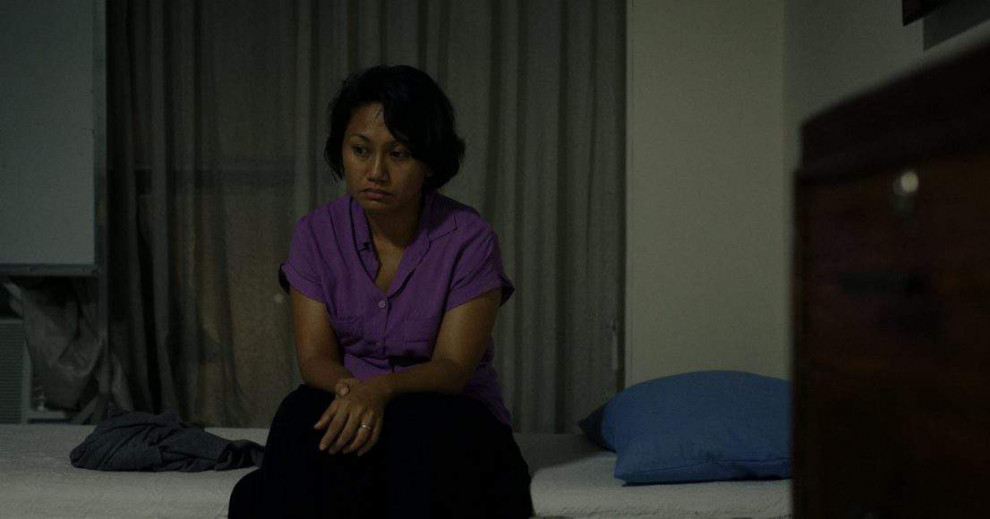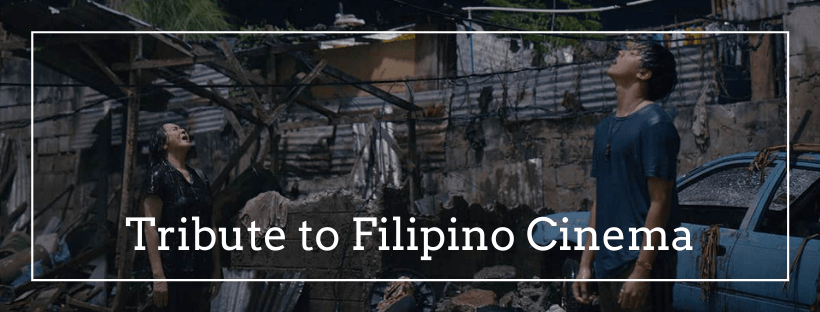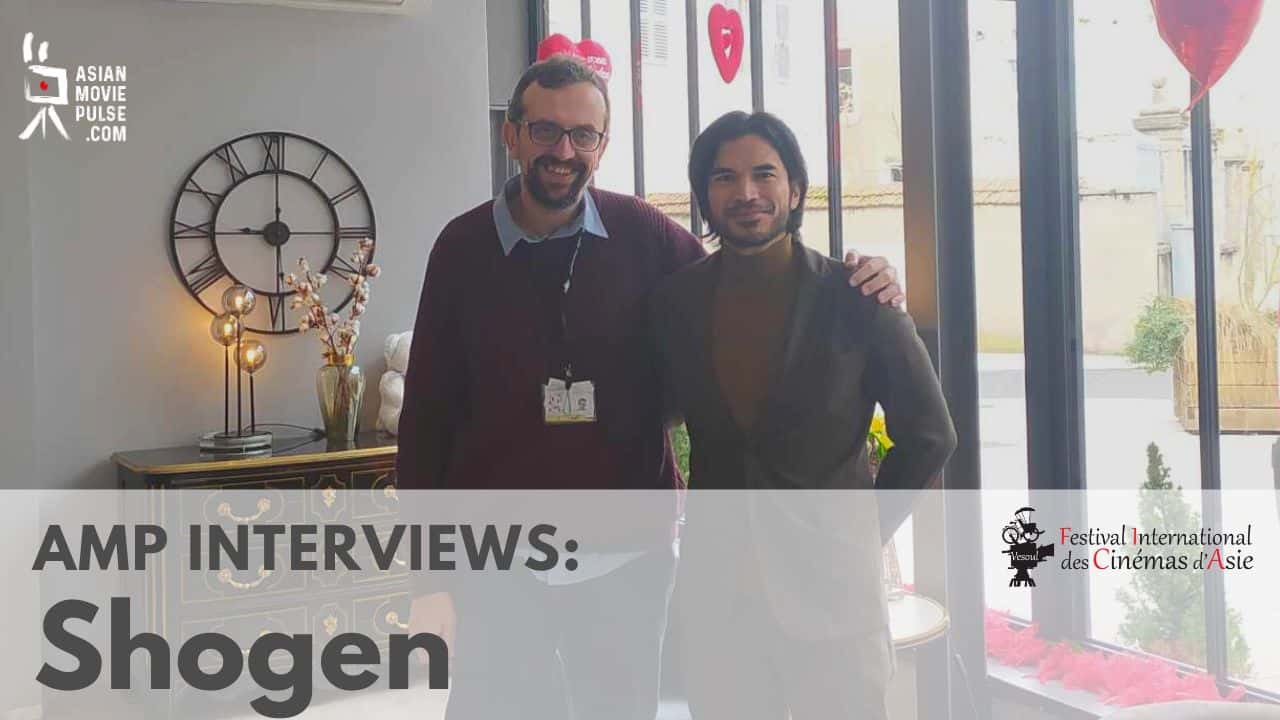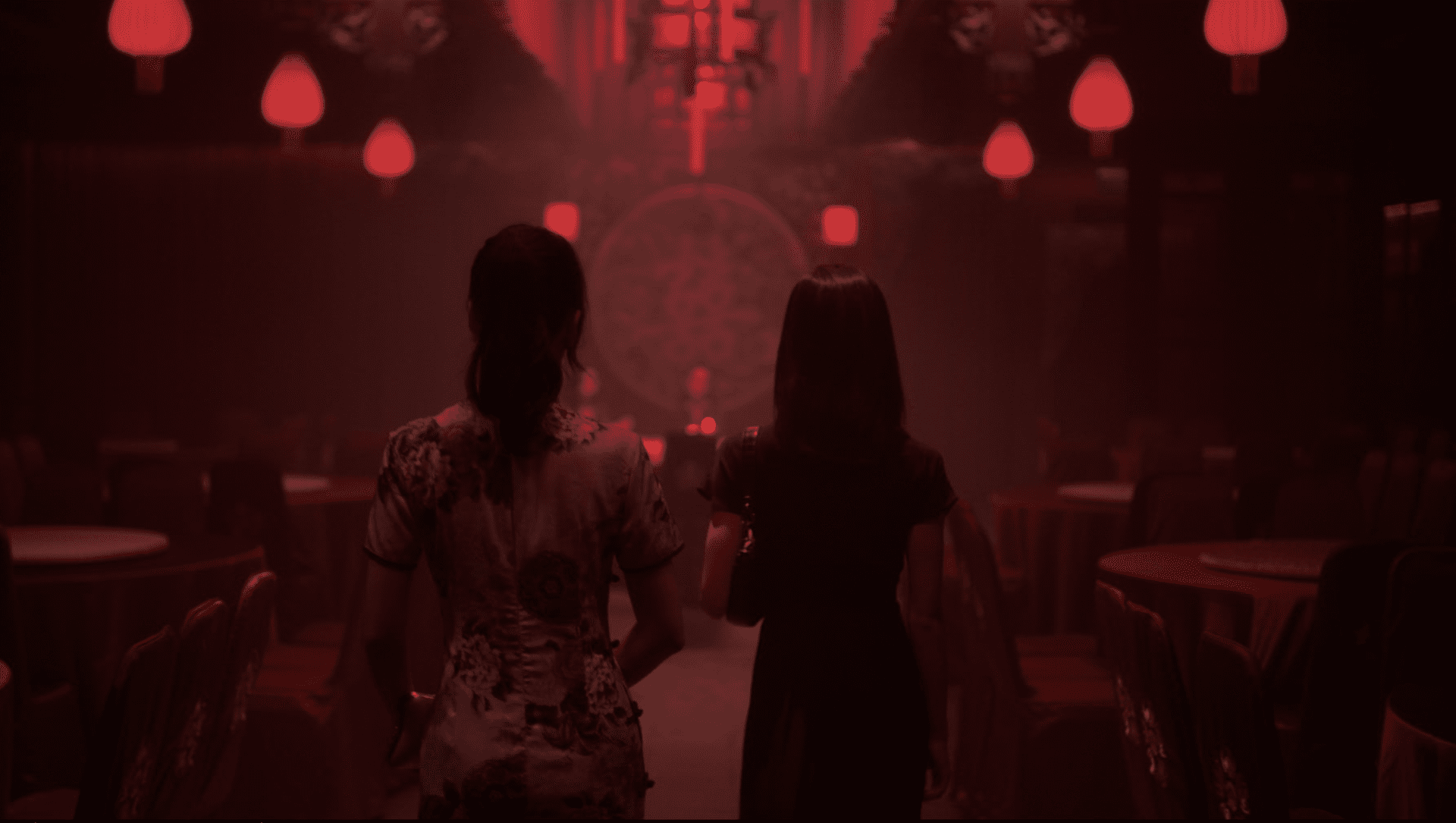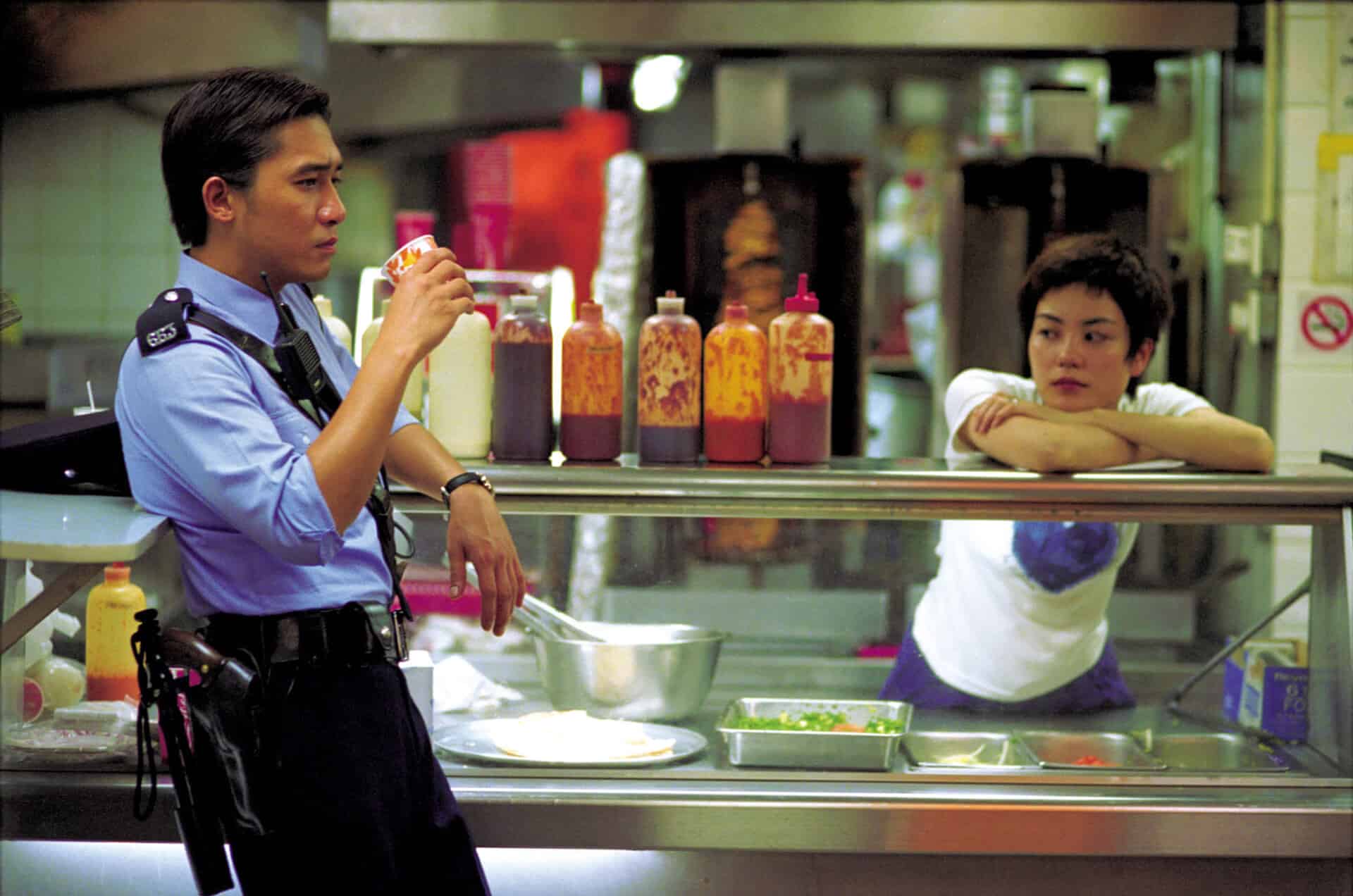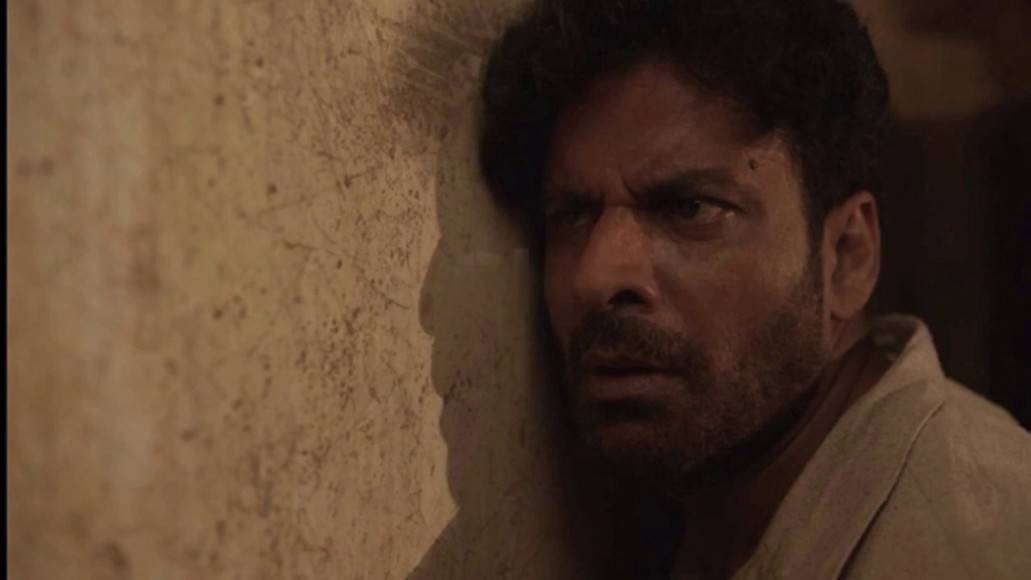Winner of the Balanghai Trophy for Best Screenplay at the Cinemalaya Independent Film Festival, “Baggage” is a film that moves in two axes: motherhood and Philippino social institutions.
Baggage screened at Vesoul International Film Festival of Asian cinema 2018
Mercy Abbunag has just returned home in the Philippines after spending years working abroad and her family is throwing her a party. However, members of the National Bureau of Investigation suddenly appear and ask Mercy to join them on an investigation about a newborn that was dumped into the dustbin of the plane she was boarding. The case has already made the news and has shocked public opinion. As Mercy interacts with various institutions that include the police, a hospital in Manila, social workers who eventually bring her to an asylum where (psychologically) traumatized women live, politicians, the press and her own family, a terrible secret comes to the fore and her fate is hanging by a line.
Zig Dulay directs a film that deals with the concept of the foreign workers and the treatment they receive abroad, but most importantly, with the attitude the country and its institutions has towards them. As Mercy is being taken from examination to examination, what becomes visible is neither the police nor the press nor the public care for the reasons someone might do something so horrible, but instead, it focuses on the punishment that should be admonished. Through this concept, Dulay takes us on a highly realistic tour through the aforementioned institutions and the people that comprise them (including the gynecologist examination that is very rarely depicted on screen), with Albert Banzon's handheld camera giving a documentary sense to the story.
The question of how a mother can abandon her child is one of the central ones, but Dulay gives a two-fold answer through both revealing the actual circumstances of the pregnancy and through the finale.
As we see a woman persecuted, both literally and psychologically, Dulay seems to put a blame on the police and the doctors in the hospital, who are quite cruel towards Mercy, the press, whose members will do anything to get a scoop, and public opinion, with the majority being quite quick in judging and putting a blame. The social workers and the concept of the asylum, where the conditions are not the best, seem to be painted in positive colors, but I did not feel the director's opinion was clear enough, as is the case with the politicians. The same, to some extent, could be said about the police, where it does not become clear if Dulay's opinion is whether they are just doing their job or they are to blame for the situation. On the other hand, phrases like “she needs to pay for her crimes against God” give a good picture regarding his opinion on religion.
One of the film's best assets is definitely Angeli Bayani's performance as Mercy, with Dulay anchoring the film upon her as she delivers in outstanding fashion. The portrait of a woman tormented, unsure and scared, who tries to keep it together is impressive, with Bayani portraying a very difficult character in laconic fashion, mainly with her look and body stance. Shamaine Centenera-Buencamino as the policewoman in charge is also quite good, as she tries to admonish her own sense of justice, having judged Mercy from the beginning.
“Baggage” has its faults, particularly regarding the “obscurity” on some subjects, but manages to shed a realistic light on a number of institutions in the Philippines through a dramatic setting, and in the process, to present a very interesting film.


